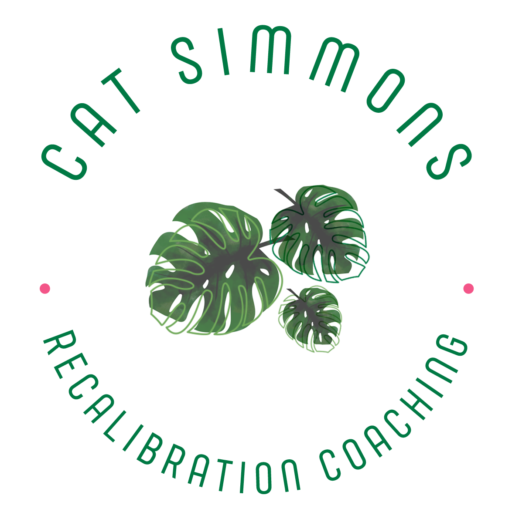I recently posted a 28 eco connection challenge on my Instagram page – I was fascinated and inspired by a study that looked at how we build eco connection and empathy. Notre Dame Professor of Psychology Darcia Narvaez wanted to test the possibility of promoting the sense of ecological attachment that was inherently part of many pre-industrialized societies and is still practiced by First Nation peoples. An experiment that was part of the study, now published in Ecopsychology, showed that students reported increased mindfulness towards the environment after performing ecological attachment tasks like contemplating nature, or practicing environmental preservation tasks like recycling and limiting electricity usage. Only the tasks that had students communing with nature increased feelings of connection to it.
This is fascinating – that there is a difference in being mindful of the importance of the natural environment and cultivating empathy and connection to it. The study showed that people’s behaviour changes for the positive if they are able to build authentic connection to the world, not just learn about it. The eco challenge was a series of 28 simple activities that you can do regardless of your location to see how you can build empathy for the environment and reinforce your connection and integration with it. It is so easy to become detached from the natural world, to lose sight of our dependance and reliance on what it provides. 2020 has been a horrific year in many ways because of COVID-19, I mean talk about hammering home the power of a virus to have such an impact on our human way of living. GLOBALLY. The impact of the pandemic seems to have really brought home in many ways the precariousness of human existence – we can fly people out to the International Space Station but we can’t find a solution to this virus (yet).
I am sure it’s not a coincidence that here in the UK we have seen an increase during this time of gardening and people wanting to escape to the country. I am somehow reassured that in these difficult times that we have returned to that connection with the natural world – it seems we perhaps are not as disconnected as we might appear to be. Gardening, whether growing veg or flowers, in containers or in an allotment, has all the elements that can help create a positive mental space – being outside, disconnected from never ending WFH laptops and screens, focussing in on specific tasks and getting into that flow state, fresh air, sun (mostly!) and the rewards of achieving something (mostly!). For some it has been a drive to self sufficiency, for others a way to fill the time in a safe way, perhaps a way to entertain the kids when other options are closed. But I also feel that the gardening gene runs deeps in our culture, whether we know it or not. Front garden space says something to the world about you, and the back garden is a safe and private space where you can create a world of colour and comfort as you see fit. I think that we also secretly like the drama and disappointment. Thats what helps build the empathy with our natural world.
I was lucky enough to get away for a staycation in the woods. It was truly bliss to be away in our own little safe green space, no mention of COVID and no TV. Just sun, sticks, walks around the lake, muddy puddles and nature watch. Open fire and stars at night. Suddenly the world seemed a much bigger and more open space. The moment I saw a deer as I walked through a meadow was truly breathtaking.
I hope that you can find a way to get out into nature and to connect with the space – it’s just what we need right now. As the seasons start to change, our ability to get out into the natural world will also change so don’t worry we still have time. Let’s see what nature has in store for us this winter. Knowing the way this year has been going, I have no doubt it will keep us on our toes.
If you are interested in seeing how the green space can be a positive force of energy for supporting your goals, please book a free Discovery call with me and let’s make a plan.




